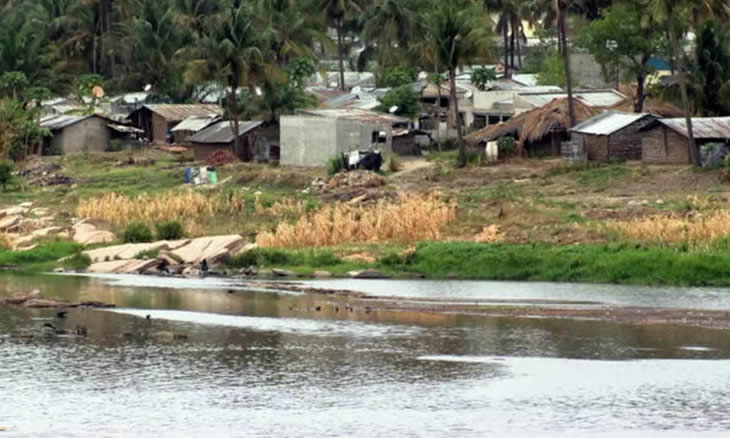Breaking: The U.S. government confirms the continuation of the Millennium Challenge Corporation ...
Mozambique: Contingency plan faces funding deficit – AIM report

File photo: O País
The Mozambican government is facing a deficit of 1.2 billion meticais (about 19 million US dollars) in the financing for its contingency plan to face possible natural disasters during the 2019/2020 rainy season, reports Tuesday’s issue of the independent daily “O Pais”.
The budget for the contingency plan is 2.1 billion meticais, but to date only 840 million are available – 300 million from the Mozambican state budget and 540 million from the Disaster Management Fund of the World Bank.
Faced with the shortfall, Foreign Minister Jose Pacheco met with the diplomatic corps and other international partners in Maputo on Monday.
“Taking into account this challenge posed by the shortage of resources, we requested that our partners assess jointly with us the best way to overcome the budget deficit”, said Pacheco.
He added that, after the meeting, the government will undertake diplomatic work, inside and outside Africa, in order to mobilise the necessary funds, not only to face the challenges of the current rainy season, but also to strengthen support for the victims of cyclones Idai and Kenneth, which hit the country in March and April.
After the meeting, Augusta Maita, the general director of the country’s relief agency, the National Disasters Management Institute (INGC), told reporters there are now promises of support from some partners.
The only one she mentioned specifically was the United Nations World Food Programme (WFP) which has promised to assist 1.2 million of the 1.9 million Mozambicans facing hunger.
“This greatly relieves the government’s efforts”, she said. “Since we announced the plan, we have been receiving positive signals from our partners”.
In the first half of the rainy season (October to December), Maita continued, the INGC is warning of the likelihood of floods in the Licungo basin, in the central province of Zambezia. Throughout the rainy season (which lasts until March 2020), flooding in several urban areas is likely, notably in Maputo, Matola, Beira and Quelimane.
With the rains comes a proliferation of mosquitoes and a subsequent increase in cases of malaria. Maita said this threat is at its greatest in the northern provinces of Nampula and Cabo Delgado.













Leave a Reply
Be the First to Comment!
You must be logged in to post a comment.
You must be logged in to post a comment.